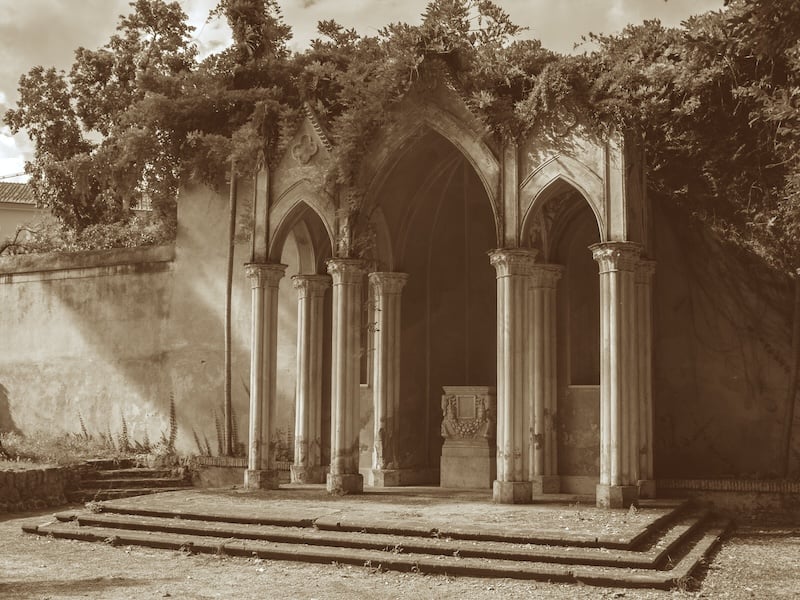About us

Vision
Building Christ’s Kingdom by training students to be wise, virtuous, and competent self-learners. Our biblically-based and academically-rigorous education guides the student into knowing and serving our Lord Jesus Christ, walking reverently and faithfully by the Spirit in this present age, to the glory of our God and Father. The Bible states that the telos of all wisdom and knowledge is to glorify God: “The end of the matter; all has been heard. Fear God and keep his commandments, for this is the whole duty of man” (Eccl. 12:9-13).
Values
Our curriculum is designed to reflect the classical approach towards education as most clearly expressed in the Trivium and Quadrivium. We are gospel-centered, wisdom oriented, and theologically reformed. By coming alongside of Christian parents, we aim to help them fulfill their God-ordained responsibility to educate their children in the nurture and admonition of the Lord. We strive to reflect the love of Christ by the way we teach, serve, and live before the face of God (Matt. 22:37; Col. 3:23-24).


Motto
Ordinans Amores, which means Ordering the Affections, states the aim of our instruction. Our Christian forefathers—most notably Augustine, Calvin, the Puritans, and Lewis—have written at great length about the priority of properly ordered affections in the life of the Christian. Toward that end, ordering the affections to what ought to be loved is a main goal of our instruction, summed up in our key verse, Philippians 4:8: “Whatsoever things are true, whatsoever things are honest, whatsoever things are just, whatsoever things are pure, whatsoever things are lovely, whatsoever things are of good report; if there be any virtue, and if there be any praise, think on these things."
Philosophy of education
Three Pillars of Education
The goal of Classical and Christian education is to cultivate intellectual virtue and shape the soul—the mind, will, and affections, and teach students how to enjoy and serve Christ forever. Since man is a composite creature being made up of a reasonable soul and body (WSC 22), then a fully-orbed education needs to integrate intellectual virtue and piety, faith and love. Teachers ought to guide students towards a knowledge of the world, man, and God, shaped by the theology of the Church as it has been handed down to us through the ages.
Wonder
Learning about the world means more than merely understanding the facts of the world. It also includes understanding who you are in relation to your neighbor, and to God. While modern science has done away with Aristotle’s Material and Final cause distinctions, and has focused instead on motion and force, the Classical Christian approach to learning about the world should be one of wonder—wonder in discovering the fingerprints of God in the theatre of his creation. Educating young people effectively means sparking a flame of intrigue, surprise, and admiration about the topic they are learning. Therefore, creation must be viewed in the light of not only its material components, but also its telos. The student must come to see themselves as a character in a story that culminates in a wedding feast, and the students get to examine all of the treasures that their Bridegroom has left for them to discover. Instead of Galileo being some guy that came up with some theory a long time ago, the student marvels at how other actors in this drama have stumbled upon these gifts and tried to explain them. Subjects such as math and science, then, inspire transcendent wonder in place of materialist ennui [Pronounced an-we; meaning a feeling of weariness and dissatisfaction].
Worship
Leading young people to view their studies with wonder should drive them towards worship. This is another way to say we should teach them piety, which could be summarized as love of God and love of neighbor.
The faculty at a Classical Christian school should recognize that piety is formed first in the home, then nourished in the church, and finally supported by the school. This means that as teachers and administrators, we should curate a culture wherein the rulers of the church and home work with us in a reciprocal relationship designed to nurture fear of the Lord and the love of neighbor in the child. In doing so, we equip young people to become better sons and daughters, church members, and students. Creating a culture in the school is just as important as developing the curriculum of the school, for when children are directed to proper worship and their obligations to their neighbor (i.e. teachers, students, pastors, and parents), then we foster virtue and discourage notions of total individual autonomy. As students grow in piety, they take on those attitudes that are essential to receive the teaching of their parents, their teachers, and their pastors.
Wisdom
Classical Christian education ought to train young people in how to think rather than simply whatto think. It does this through training students to love wisdom. Coming to a knowledge of the truth of reality must be accompanied by a love for that knowledge, as opposed to merely harvesting information about God’s created order. Contemporary models of education focus on rote memorization and regurgitation of data, whereas the ancients sought to understand the connectedness of the cosmos and its relation to God. They viewed the pursuit of truth as flowing from the soul, so one could know and love God, and exist well in the created order. Cultivating wisdom, then, trains students to see the ultimate reality—to discern the good, true, and beautiful—and to properly orient their judgment about what those categories mean. Ultimately, it brings the students’ soul into harmony with reality, and aids them in applying their reason to the nature of the cosmos. If educators succeed at this, then we equip young people with the ability to think critically and broadly, and thus seek out their vocation, not merely an education that will help them collect a paycheck.
statement of faith
The Scriptures
God

